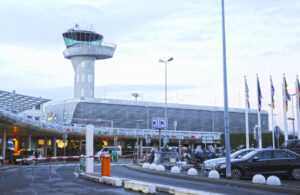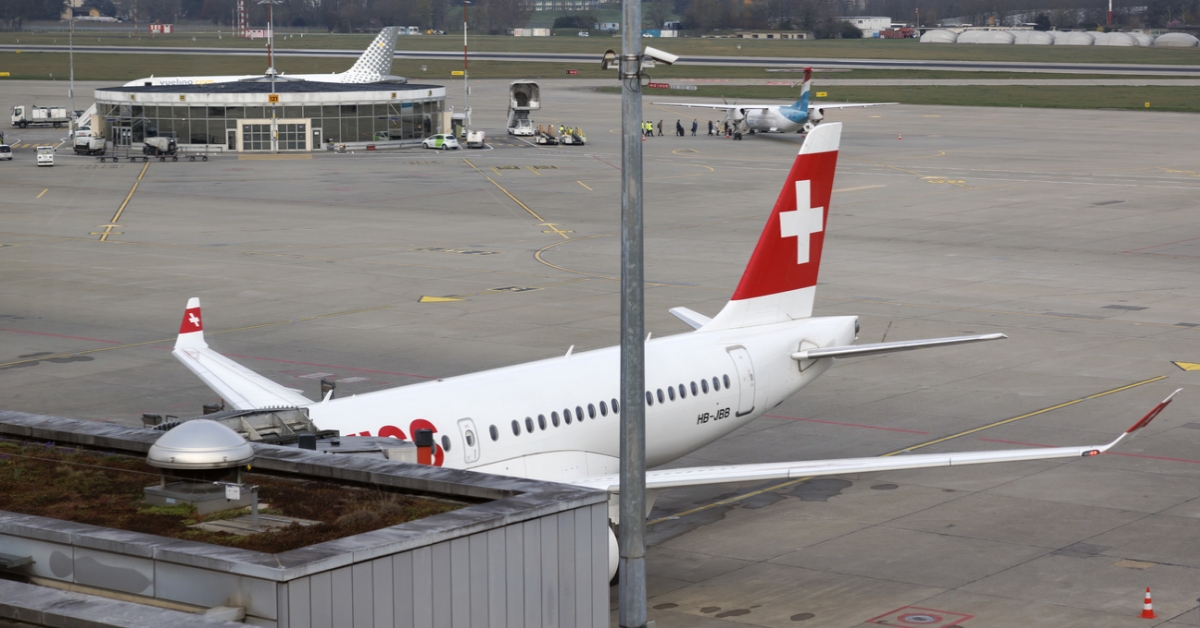On Thursday French Air Traffic Controllers Stage Strike, a significant disruption hit air travel as French air traffic controllers staged a strike, resulting in the cancellation of thousands of flights and the rerouting of many others to avoid French airspace. This industrial action, which reverberated across Europe, underscored the immense impact that such strikes can have on the aviation industry and travelers alike.

The Strike:
The strike action initiated by French air traffic controllers was a response to various grievances, including concerns over working conditions, staffing levels, and proposed reforms within the aviation sector. As negotiations between the controllers’ unions and authorities reached an impasse, the decision to strike was made, leading to widespread disruptions in air travel.
Flight Cancellations and Reroutings:
The consequences of the strike were felt acutely by passengers and airlines alike, with approximately 2000 flights cancelled on Thursday alone. Additionally, to circumvent French airspace and minimize disruptions, around 1000 flights were rerouted, leading to longer flight times, increased fuel consumption, and logistical challenges for airlines.
Impact on Travelers:
For travelers, the strike posed significant inconvenience, with many facing delays, cancellations, and the need to rearrange travel plans at short notice. Business travelers, holidaymakers, and individuals with connecting flights bore the brunt of the disruptions, facing uncertainty and potential financial losses due to missed connections and canceled bookings.
Economic Implications:
The economic repercussions stemming from such strikes extend far beyond the immediate impacts on airlines, permeating throughout various sectors intertwined with air travel. Among the hardest-hit are industries dependent on tourism, such as hospitality and entertainment, which experience a direct decline in visitor numbers due to disrupted travel plans. Additionally, trade sectors reliant on efficient air freight face delays and increased costs, disrupting supply chains and impacting businesses worldwide. The financial toll of rerouting flights, often over longer distances to avoid affected airspace, adds considerable expenses to airlines already burdened by operational costs. Moreover, the necessity of accommodating stranded passengers in hotels and providing alternate transportation incurs substantial additional expenditures. Compensating affected travelers for inconvenience further strains airline budgets, particularly in light of the ongoing financial challenges exacerbated by the COVID-19 pandemic. The cumulative effect of these economic burdens intensifies pressure on airlines, exacerbating their financial instability and hindering efforts to recover from the unprecedented challenges posed by the global health crisis.
Calls for Resolution:
Amidst the chaos, there were calls for swift resolution to the dispute between the air traffic controllers and authorities to prevent further disruptions to air travel. With the busy summer travel season approaching, stakeholders emphasized the need for dialogue, compromise, and effective mediation to address the underlying issues and restore stability to the aviation sector.
Navigating Future Challenges:
The strike serves as a stark reminder of the vulnerability of air travel to labor disputes and external disruptions. As the aviation industry strives to recover from the setbacks inflicted by the pandemic, it faces a myriad of challenges, including workforce shortages, operational constraints, and evolving regulatory frameworks. Navigating these challenges requires collaboration, innovation, and a commitment to resilience from all stakeholders involved.
Conclusion:
The strike staged by French air traffic controllers sent shockwaves through the aviation industry, resulting in widespread flight cancellations and reroutings across Europe. As travelers grappled with the fallout of the disruptions, airlines and authorities worked tirelessly to mitigate the impact and restore normalcy to air travel operations. However, the incident underscores the need for proactive measures to address underlying issues within the aviation sector and minimize the risk of future disruptions. In an era marked by uncertainty and volatility, fostering resilience and adaptability is paramount for the sustainability of air travel and the broader economy.



















